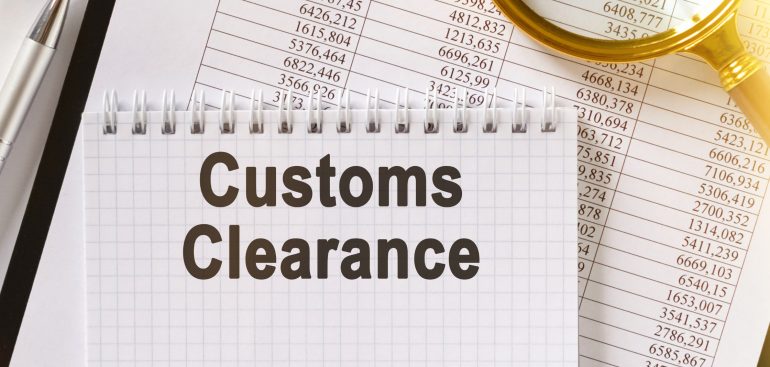Customs clearing agents are experts who help companies get their products through customs. They play a vital role in easing the flow of commodities across international boundaries by ensuring that imports and exports adhere to customs laws and requirements. The paperwork, rules, and procedures involved in customs clearance can be many, […]
- Call us: +61 3 8376 6284
- Email: support24-7@gmail.com

